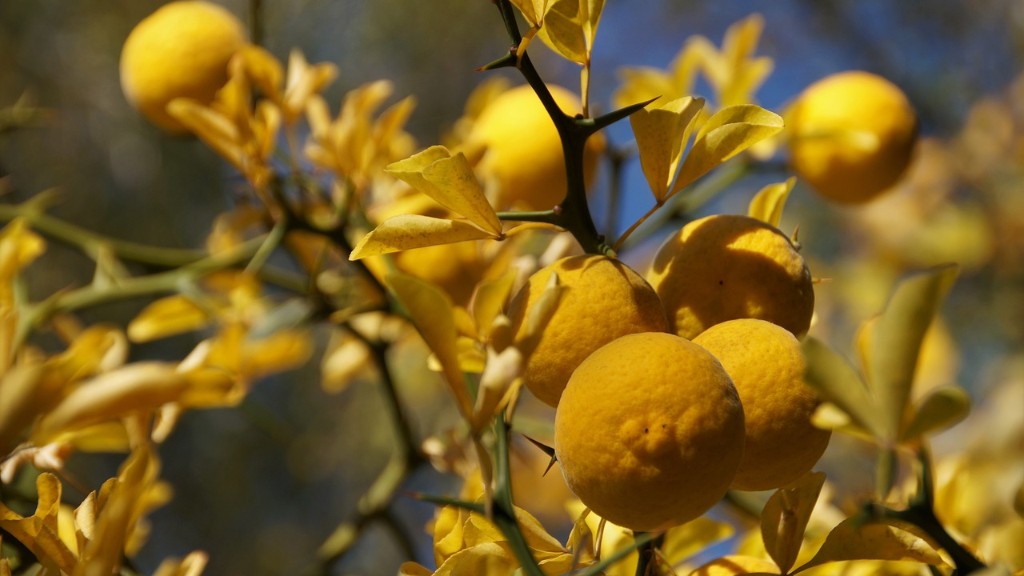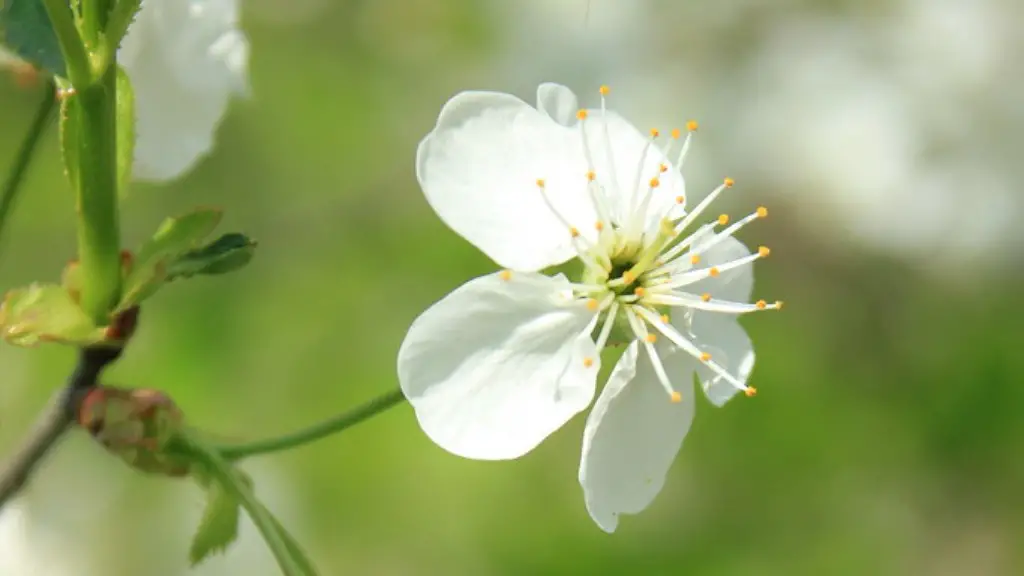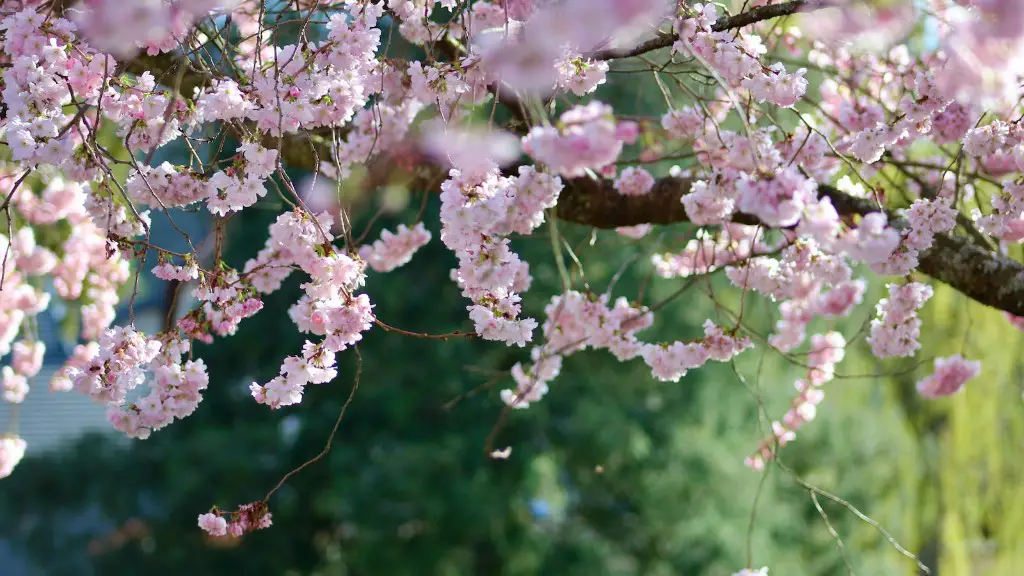Lemon trees require consistent pleasant temperatures in order to grow and thrive. Temperatures at which a lemon tree can adequately develop depend on the particular species of lemon that the tree is. The average citrus tree tolerates temperatures between 41-86ᵒF (5-30ᵒC). Most of the more common citrus species don’t tolerate temperatures below 41ᵒF (5ᵒC). If a lemon tree is subject to temperatures lower than 40ᵒF (4.4ᵒC), it’s likely to drop its fruit, buds, and flowers and potentially die in the process.
Along with cool temperatures, a lemon tree requires good air circulation. Poor air circulation can lead to fungal issues like brown rot, blossom blight, and sooty mold. These problems can reduce fruit production. It’s important to prune the lemon tree frequently in order to ensure adequate air flow.
Lemon trees tend to prefer a sunny climate and plenty of warmth, but they can’t withstand long-term exposure to temperatures above 95ᵒF (35ᵒC). Any such high temperature will damage the tree, making it weak and susceptible to disease and pests.
In order to develop fruit, the lemon tree needs some time where the temperature can reach higher levels. A good temperature range during the day when the sunshine is at its brightest is between 65-90ᵒF (18-32ᵒC). As the day winds down and night sets in, the temperature should drop to no lower than 55ᵒF (13ᵒC).
In order for the lemon tree to flower correctly and potentially develop its precious fruits, it needs good drainage and consistent irrigation. The soil should not be allowed to dry out, but also not retain water for too long. Overwatering can potentially hinder the development of the lemon tree. Optimal soil should retain some moisture but still be permeable.
The right soil level of acidity can play a key role in the health and growth of a lemon tree. The ideal pH levels for citrus trees is somewhere between 5.5-7.0. Prolonged exposure to higher or lower levels of soil acidity can be damaging to the lemon tree’s root system.
Fertilization is also important for the growth of the lemon tree. Generally, a citrus fertilizer that contains micronutrients and nitrogen should be used in the early spring and then again 12 weeks later. After this, a monthly fertilizer wash should be applied.
Light and Shade
Lemon trees need plenty of light and sunshine in order to grow and develop properly. They’re typically planted in open sunny areas that get plenty of bright sunshine. On the other hand, citrus trees can also benefit from a little shade during times of high heat. Planting the lemon tree between rocks and other structures or trees can give it a bit of reprieve from the high temperatures.
Watering
Lemon trees require consistent watering in order to stay healthy. During the first year, young trees should be watered every two weeks in order to nourish their roots. As the tree grows, it should then be watered about once a week. When watering the lemon tree, be sure to avoid excessive wetting of the soil, since this can cause fungal disease.
Pruning
Pruning should be carried out regularly on the lemon tree in order to increase air circulation and encourage better fruit growth. The best time to do any pruning is during the dormant season, usually around late spring. When pruning a lemon tree, do it in a way that opens up the center of the tree and balances out its shape evenly.
Harvesting
At full maturity, a lemon tree can reach up to 15 feet in height and most varieties of the citrus produce fruit throughout the year. When it comes time to harvest the lemons, consider picking them when they’re slightly under-ripe as they may not yet have developed their full flavor. Under-ripe lemons will also have a better shelf life.
Pest Management
From time to time, a lemon tree may be subject to pests and disease that try to invade it and cause damage. The most common pests encountered by a citrus tree include aphids, mealybugs, and mites. All of these pests can be easily treated using natural sprays and organic insecticides.
Fruit Quality
One of the most important aspects of growing a lemon tree is making sure the fruit that is produced is high-quality. To do this, the lemon tree should be given plenty of sunshine, enough water, and the proper amount of fertilizer. Additionally, the lemons should not be left on the tree to become over-ripe, as this will dramatically reduce their quality.



